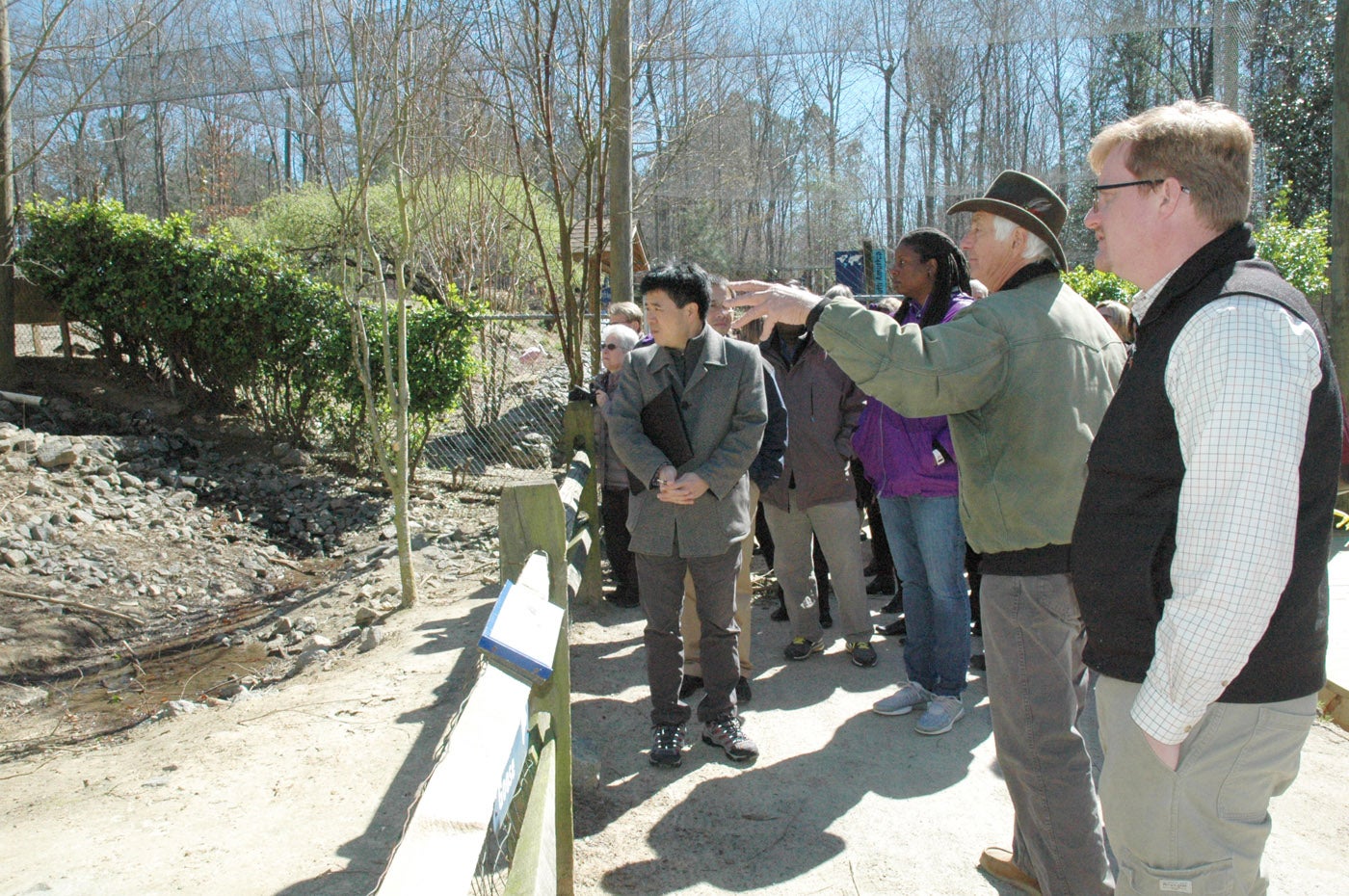2019 Engagement and Outreach Scholars Academy cohort announced
East Carolina University’s Office of Community Engagement and Research has announced the members of its 2019 Engagement and Outreach Scholars Academy cohort.
The 2019 cohort represents 11 members from seven different ECU colleges and schools.
This year’s class includes:
- Jihoun An, College of Health and Human Performance
- Kanchan Das, College of Engineering and Technology
- Jamie DeWitt, Brody School of Medicine
- Yeliz Eseryel, College of Business
- Cynthia Grace-McCaskey, Thomas Harriot College of Arts and Sciences and the Coastal Studies Institute
- Suzanne Lea, Brody School of Medicine
- Catherine Normoyle, College of Fine Arts and Communication
- Yuliana Rodriguez-Vongsavanh, College of Health and Human Performance
- Melanie Sartore-Baldwin, College of Health and Human Performance
- Deby Tyndall, College of Nursing
- Jason Yao, College of Engineering and Technology
“EOSA is an exciting opportunity for faculty to not only develop their understanding of community engagement, but also utilize their understanding with community partners, co-creating knowledge toward the progress of eastern North Carolina,” EOSA Director Alleah Crawford said. “The cohort itself allows for peer learning, networking and offers great potential for future collaborations.”

A group of ECU researchers, including 2019 Engagement and Outreach Scholars Academy cohort member Jason Yao (center), discusses possible research project ideas with Sylvan Heights Bird Park Director Mike Lubbock. (Photo by Paige Middleton)
Established in 2009, EOSA provides professional development and project support for community-engaged research projects. Faculty are selected to the program through a peer-reviewed process and participate in cohort-based workshops while developing a research project with a community partner. Projects result in a culture of partnership, reciprocity and high-quality scholarship across campus and beyond.
Once a cohort member’s proposal is approved by the Office of Community Engagement and Research, the faculty member receives up to $5,000 to conduct the project. Project teams include the faculty scholar, a graduate assistant, two to three EC Scholars, and a community partner.
“Dr. (Sharon) Paynter (assistant vice chancellor for community engagement and research) informed me of the opportunity to join EOSA during an event last fall,” said engineering professor Jason Yao. “I liked the idea right away. During the spring Purple and Golden Bus Tour I saw the need for engineering skills from nearby counties.
“The Department of Engineering has many experienced engineers and hundreds of trained junior engineers,” he said. “We have the capability and capacity to serve the community. It’s just the matter of someone identifying a pathway to build communication between researchers and the community. I’m happy to be the one to explore this frontier.”
While many ECU faculty members participate in traditional, knowledge-building research, community engaged research adds an additional step by asking researchers to work in partnership with community members to solve local and regional problems. Through programs like EOSA, ECU’s Office of Community Engagement and Research brings together students and faculty alongside community partners to develop research questions, determine methods to investigate an identified problem, collect and analyze data, interpret the data and share the results with others.
Past EOSA research projects have led to the development of a treehouse village in Windsor, the creation of art-based programs for at-risk teens, and the formation of health education programs for rural residents.
“With traditional academic assessment criteria, such as the number of papers published and total external dollars received, there is less emphasis on doing research and projects that truly involve community members as equal partners in the research process,” anthropology assistant professor Cynthia Grace-McCaskey said. “EOSA gives us the opportunity to take the time needed to develop projects that not only focus on rigorous research, but also emphasize the importance of conducting research that gives back to communities while addressing real-world problems.”
For more information about EOSA and other community engagement programs, visit the Office of Community Engagement and Research online.
-by Matt Smith, University Communications